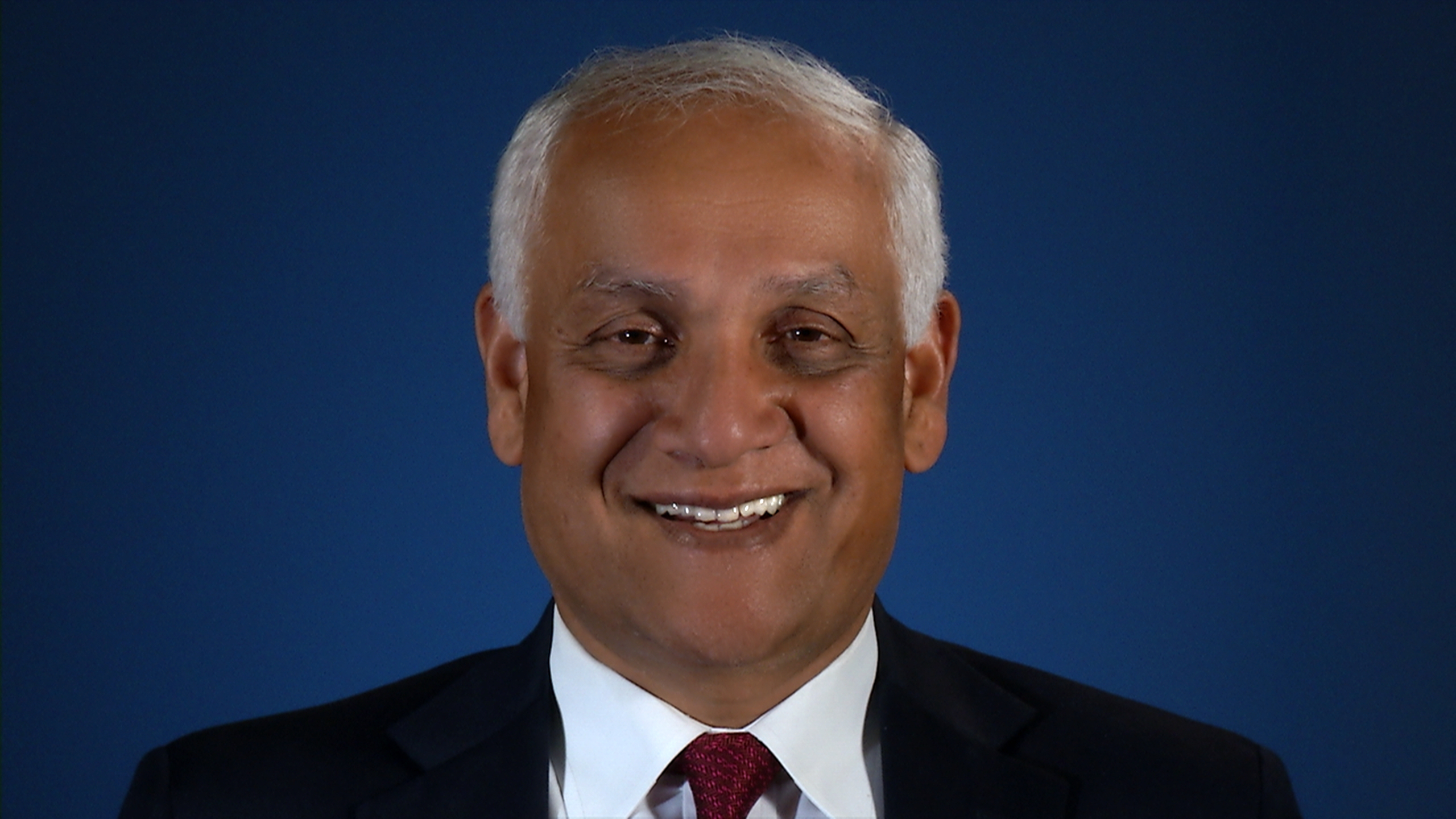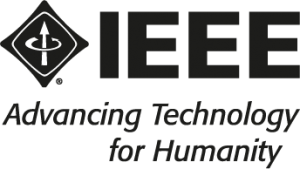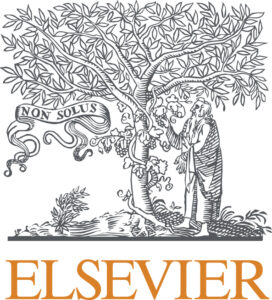Pramod Khargonekar

Climate Change Mitigation and Adaptation: Role for Systems and Control
Time: Thursday December 16, 2021, 14:35-15:35 UTC (ThP1)
In this talk, we will begin with an overview of the global warming, climate change, and associated impacts. A major focus will be on the global energy system both from the generation and consumption viewpoints. We will discuss the key trends in energy consumption growth due to population growth and economic growth setting the stage for understanding challenges in decarbonization of the energy system. Next, we will discuss the major technological pathways for their decarbonization of the key energy sectors, e. g., electricity, transportation, manufacturing, etc. We will describe the critical and difficult technological problems where systems and control community can make important contributions to the decarbonization of the energy system. In the final part of the presentation, we will discuss adaptation and resilience strategies to deal with the impacts of climate change already underway.
Pramod P. Khargonekar received B. Tech. Degree in electrical engineering in 1977 from the Indian Institute of Technology, Bombay, India, and M.S. degree in mathematics in 1980 and Ph.D. degree in electrical engineering in 1981 from the University of Florida, respectively. He was Chairman of the Department of Electrical Engineering and Computer Science from 1997 to 2001 and also held the position of Claude E. Shannon Professor of Engineering Science at The University of Michigan. From 2001 to 2009, he was Dean of the College of Engineering and Eckis Professor of Electrical and Computer Engineering at the University of Florida till 2016. After serving briefly as Deputy Director of Technology at ARPA-E, U. S. Department of Energy in 2012-13, he was an Assistant Director of the National Science Foundation and head of its Directorate of Engineering Directorate from 2013 to 2016. In 2016, he assumed his current position as Vice Chancellor for Research and Distinguished Professor of Electrical Engineering and Computer Science at the University of California, Irvine.
Khargonekar’s research and teaching interests are centered on theory and applications of systems and control. He has been recognized as a Web of Science Highly Cited Researcher. He is a recipient of the IEEE Control Systems Award, IEEE Control Systems Society Bode Lecture Prize, NSF Presidential Young Investigator Award, the American Automatic Control Council’s Donald Eckman Award, the Japan Society for Promotion of Science fellowships, World Automation Congress Honor, the IEEE W. R. G. Baker Prize Award, the IEEE CSS George Axelby Best Paper Award, the Hugo Schuck ACC Best Paper Award, and the Distinguished Alumnus and Distinguished Service Awards from the Indian Institute of Technology, Bombay. He is a Fellow of IEEE, IFAC, and AAAS. At the University of Michigan, he held the Claude Shannon Chair and Arthur F. Thurnau Professorship. He is currently a member of: the Governance Board of Clean Energy Smart Manufacturing Innovation Institute (CESMII), Board of Directors of California Council on Science and Technology (CCST), External Advisory Board of Institute for Systems Research at the University of Maryland, Governing Board of CENIC, Advisory Board of NSF Engineering Research Visioning Alliance (ERVA), Scientific Advisory Board of NSF ERC on Internet of Things for Precision Agriculture, and co-chair of the Applied Research Working Group of the University of California Global Climate Leadership Council (GCLC), and Editorial Boards of the Proceedings of IEEE, Smart and Sustainable Manufacturing Systems, and Sustainability Analytics and Modeling.











